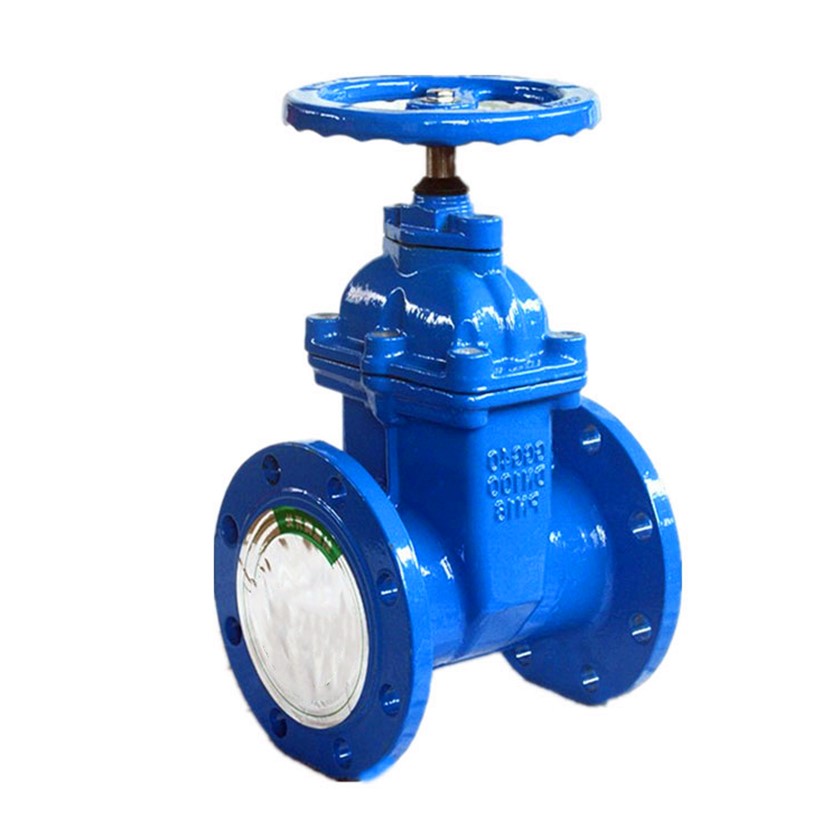3000 psi ball valve
Understanding 3000 PSI Ball Valves The Key to High-Pressure Systems
In industrial applications, choosing the right type of valve is crucial for ensuring the efficient and safe operation of various processes. Among the different types of valves available, the 3000 PSI ball valve stands out for its robust design and reliability in high-pressure environments. This article explores what a 3000 PSI ball valve is, its construction, applications, and the advantages it offers.
What is a 3000 PSI Ball Valve?
A ball valve is a type of quarter-turn valve that uses a spherical disc (the ball) to control the flow of fluid through it. The ball has a hole in the center, allowing fluid to pass through when aligned with the pipeline, and blocking flow when rotated 90 degrees. The designation 3000 PSI indicates that these valves are rated to handle pressures up to 3000 pounds per square inch (psi), making them suitable for demanding applications such as oil and gas, chemical processing, water treatment, and high-pressure steam systems.
Construction of 3000 PSI Ball Valves
The construction of a 3000 PSI ball valve is engineered to withstand extreme operating conditions. Typically made from high-grade materials such as stainless steel, carbon steel, or brass, these valves possess excellent durability and corrosion resistance. The ball is often made from the same material as the valve body to maintain structural integrity under pressure.
Moreover, a 3000 PSI ball valve features strong seals and packing materials, which provide a tight seal to prevent leaks. The valve’s design includes finely machined seats to enhance performance and longevity. Depending on the application and medium being used, various coatings and finishes can also be applied to the valve to resist abrasion, chemicals, and temperatures.
Applications of 3000 PSI Ball Valves
Due to their high-pressure rating and sturdy construction, 3000 PSI ball valves are used in a wide range of industries. Here are a few notable applications
1. Oil and Gas Industry These valves are commonly used for flow control in pipelines that transport crude oil, natural gas, and other petroleum products, where maintaining high pressure is essential.
3000 psi ball valve

2. Chemical Processing In chemical plants, these valves help manage the flow of reactive substances, requiring precise control and high-pressure capabilities.
3. Water Treatment Facilities 3000 PSI ball valves are often employed in systems that handle pressurized water for treatment and distribution.
4. Power Generation In steam and thermal power plants, high-pressure ball valves control steam flow, ensuring efficient energy production while maintaining safety standards.
Advantages of 3000 PSI Ball Valves
One of the primary benefits of using 3000 PSI ball valves is their reliability. They are designed to provide consistent performance, even under challenging conditions. Their quick operation (quarter-turn) allows for rapid opening and closing, which is crucial in emergency situations.
Another advantage is their low torque requirement, which simplifies operation and reduces wear on actuation mechanisms. The tight seal of a ball valve minimizes leakage, thereby reducing the likelihood of spills and environmental contamination.
Additionally, their compact design and minimal maintenance needs make them a cost-effective choice in the long run. By selecting a high-quality 3000 PSI ball valve, industries can ensure not only operational efficiency but also safety and compliance with regulatory standards.
Conclusion
In summary, the 3000 PSI ball valve serves as an essential component in various high-pressure applications. With its robust design, versatility, and the ability to handle demanding conditions, it guarantees operational reliability and safety across multiple industries. Whether in chemical plants, oil and gas operations, or water treatment facilities, the use of these valves is vital for maintaining the integrity and efficiency of high-pressure systems.
-
The Key to Fluid Control: Exploring the Advantages of Ball Valves in Industrial SystemsNewsJul.09,2025
-
The Versatile World of 1, 2, and 3 Piece Ball ValvesNewsJul.09,2025
-
Stainless Steel Ball Valves: The Ideal Choice for Efficient Flow ControlNewsJul.09,2025
-
Optimizing Fluid Control with Ball Float ValvesNewsJul.09,2025
-
Manual Gate Valves: Essential for Control and EfficiencyNewsJul.09,2025
-
Everything You Need to Know About Butterfly ValvesNewsJul.09,2025
-
The Versatility of Wafer Type Butterfly ValvesNewsJul.08,2025




